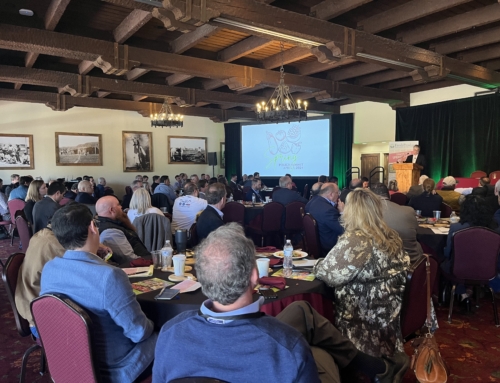Domestic gassed-green, field-grown tomato industry fails to innovate, accelerating its decline, FPAA testifies.
WASHINGTON, DC (October 28, 2019) – A lack of innovation amongst U.S. field grown tomato producers is at the heart of the industry losing market share for its tomatoes, according to testimony presented Oct. 24 at the International Trade Commission.
Mexican growers who have added technology and new varieties to meet market conditions should not be penalized or accused of injury in the face of the U.S. industry’s failure to adapt, said Lance Jungmeyer, President of the Fresh Produce Association of the Americas, during testimony before the ITC in the resumed anti-dumping investigation on Mexican tomatoes.
FPAA acted quickly to defend the interests of U.S. importing companies, after the Florida Tomato Exchange recently asked to have the investigation re-opened. A finding of no injury would mean the Tomato Suspension Agreement would be removed, and there would be free trade without duties. A determination of injury would mean continuation of the Tomato Suspension Agreement.
FPAA maintains that importers are working with Mexican growers to provide the product that the market wants and requires.
“The data shows that, since this saga began in 1996, the petitioners have done little to innovate or move their horticultural interests forward,” Jungmeyer said. “With the continued market share decline of their primarily field-grown gassed green tomato product, the FTE companies have largely hitched their wagons to their competitors in Mexico, investing in fields, packinghouses and strategic partnerships there in order to remain relevant in the marketplace.”
Indeed, far from causing injury, the importation and distribution of Mexican tomatoes is one of the only things keeping FTE marketing companies in the game,” Jungmeyer added.
FPAA surveyed its members, who revealed that nearly 25% of the tomatoes they sell go toward FTE-affiliated companies. Over the last few years, FTE-affiliated firms have systematically bought up distribution operations all across the United States and transitioned from tomato farming to tomato marketing.





